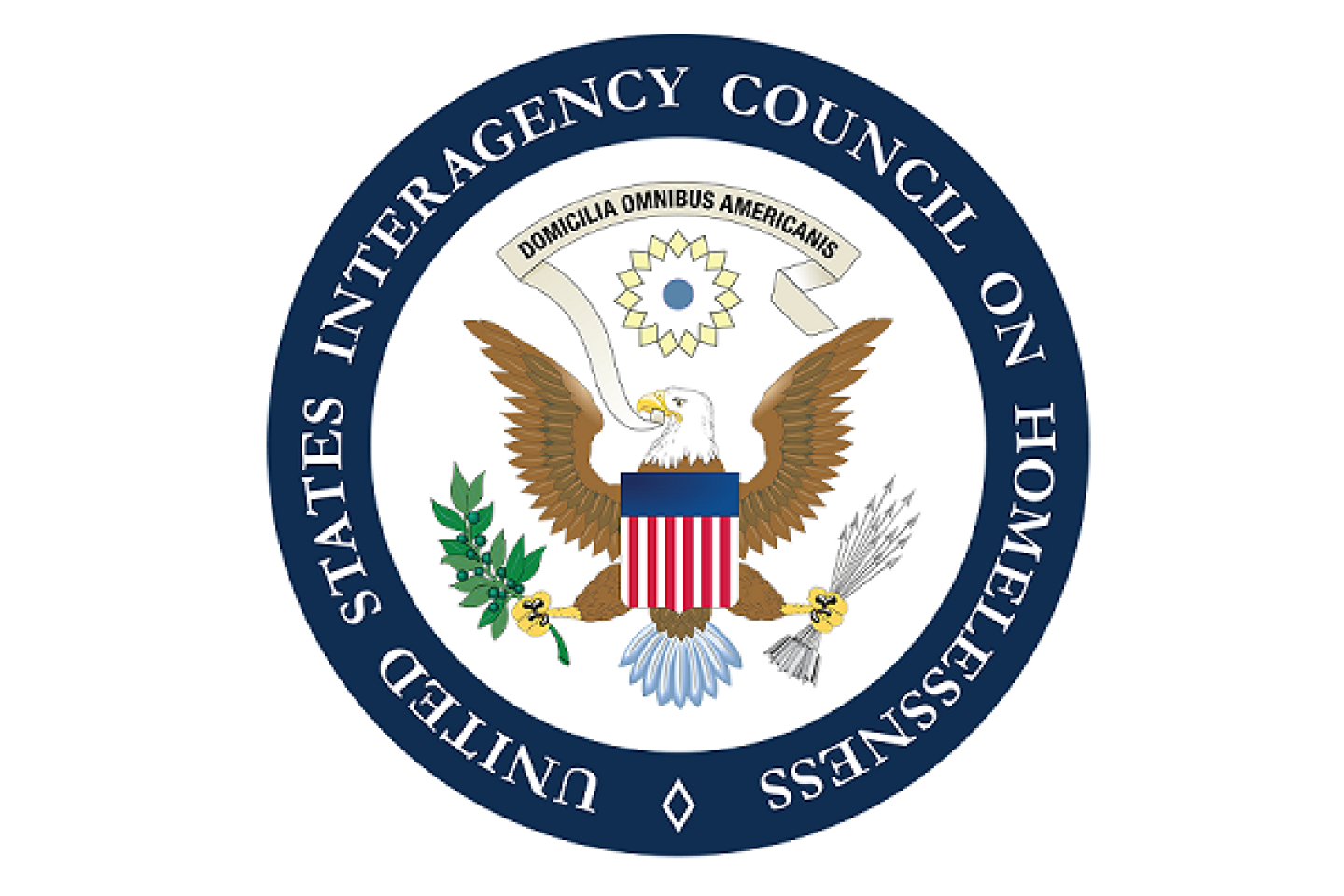USICH Is Listening to You as We Create a New Federal Strategic Plan. Here’s How.
The U.S. Interagency Council on Homelessness (USICH) recently started an intensive process to create a new Federal Strategic Plan to Prevent and End Homelessness. It requires input from people who are part of the response to homelessness, people who have a vested interest in ending homelessness, and people with lived experience.
“Our job is to help communities effectively utilize resources to prevent and end homelessness. We can’t do that without listening to the people who are doing the work to make that happen. They know what barriers to that goal exist and what’s working to bring them down,” said USICH Interim Executive Director Anthony Love. “But regardless of who’s at the table, the conversations are empty without people who have personally experienced and exited homelessness. We know that no two experiences are the same and that sharing those experiences can be traumatic and at the same time helpful to others exiting homelessness. USICH is immensely grateful to anyone willing to share this part of themselves to help others who are where they were.”
Last month, USICH launched an online system for commenting on the federal strategic plan. In addition, the Policy and National Initiatives Teams are holding targeted listening sessions across the country with key stakeholders that include but are not limited to:
- People with lived experience;
- People who serve the BIPOC, LGBT, veteran, or youth homeless populations;
- State, local, and tribal leaders;
- Continuums of Care and homeless housing, outreach, and service providers;
- Rural communities;
- State and/or Federal Regional Interagency Councils on Homelessness;
- Justice system leaders;
- Faith-based organizations;
- Affordable housing developers;
- Health and child welfare agencies; and
- Researchers.
If you’re interested in joining or hosting a listening session in your community, please reach out to the USICH regional coordinator for your state. Due to the pandemic, the majority of them will be virtual. If you're attending the National Alliance to End Homelessness (NAEH) conference , you can participate in a USICH listening session on Friday, Sept. 24 at 3:50 p.m. ET.
A lot has changed since the last Federal Strategic Plan to Prevent and End Homelessness was released. The world was hit with the COVID-19 pandemic that we’re still in today. The murder of George Floyd sparked a global racial justice movement that highlighted the urgent need for change and accountability. The unsheltered homeless population among individuals exceeded the sheltered population for the first time since collection of this data began. And the Biden administration passed the American Rescue Plan, which represents a once-in-a-generation opportunity to significantly reduce homelessness in some communities and end it in others.
There are many unknowns about the next federal strategic plan, but a few things are clear:
1. It will be guided by racial equity. USICH believes housing should be a right—not a privilege, and it’s dedicated to uprooting the policies and programs that have caused Black, Indigenous, and People of Color (BIPOC) to experience homelessness at significantly higher rates than white Americans.
2. It will be built upon a foundation of evidence-based practices, particularly Housing First. This intervention has been proven to lower returns to homelessness and reduce stays in hospitals and jails. It’s also the most effective intervention for chronic homelessness, which increased 15% last year.
3. It will leverage the American Rescue Plan to not only address the immediate needs of the pandemic but also invest in long-term solutions to homelessness. Along with the CARES Act, these laws provide enough resources to quickly rehouse more people than ever before—up to 211,000 households.
USICH launched the first Federal Strategic Plan to Prevent and End Homelessness in 2010. In the decade since, homelessness dropped by 9%—nearly 50% among veterans and 30% among families—and 82 communities and 3 states ended veteran or chronic homelessness.
Unfortunately, much of that progress stalled in the last few years. Since 2016, homelessness has been on the rise, and some troubling trends have emerged. For the first time since the U.S. started collecting this data, more of the people experiencing homelessness were unsheltered than sheltered, and there was an increase in the number of unsheltered families with children. Even more troubling, all of this data was captured before the pandemic.
“If we don’t act now, the current situation will likely get worse before it gets better,” said Love. “That’s scary and distressing, but the American Rescue Plan gives me hope.”
USICH will collect feedback—online and during listening sessions—through the end of November and will share what we’re hearing along the way.
Want more news like this? Join our mailing list.
*CORRECTION: A previous version of this misstated the time of the USICH listening session at the NAEH conference.



